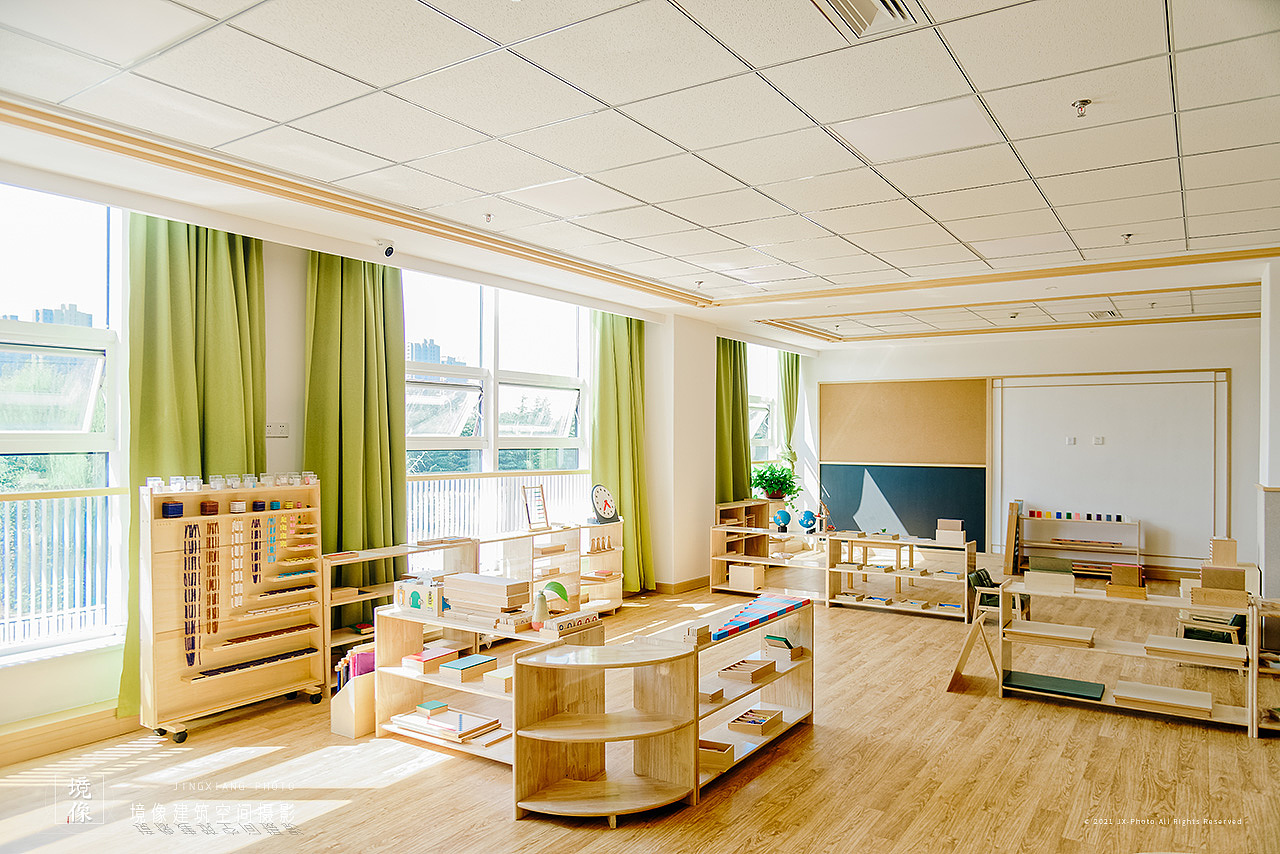Continuous decline in enrollment prompts childcare facilities to change
Facing a continuous decline in the number of children attending kindergartens, a nursery in Jining, Shandong province, has taken the bold step of transforming its services to cater to the elderly.
"My wife and I have been running nurseries for 21 years and are not willing to let go. We have no other choice than to consider transformation," said Yu Bo, an owner of the Jinboshi Nursery.
He expressed deep regret, citing the drastic decrease in enrollment over the past three years, which left his team of over 300 employees uncertain about their future.
They used to run 11 nurseries. In 2020, they reached full capacity almost as soon as enrollment opened in September.

Though they currently operate eight nurseries with approximately 1,600 children, that number has dwindled by nearly 500 from its peak.
According to sources at the National Bureau of Statistics, the number of children attending kindergartens in China has fallen for three consecutive years. Last year, 40.9 million children enrolled in preschool education, 5.34 million fewer than the previous year.
In response to these challenges, Yu's team deliberated on shifting direction.
They plan to repurpose a portion of some nurseries to create senior care centers, providing meals and offering various activities.
Yu said this would allow existing staff to seamlessly transition into new roles. For instance, preschool teachers could become instructors to seniors, maintenance workers could provide home repair services, and chefs could prepare meals for seniors.
With the support of the local government, they will open a community canteen in September.
In October, they initiated a pilot program by renting a storefront next to one of their nurseries in Jining's Rencheng district. Staff members also provided free haircuts and assistance with using smartphones.
Despite some initial difficulties, the senior care center garnered approximately 100 members in its first five months of operation, with half being grandparents of the nursery's students, Yu said.
The center also offers fee-based home services, including cleaning, repairs, and meal preparation, with hundreds of orders on Lunar New Year's Eve.
After that initial success, Yu's team is planning to establish senior care centers at two other nurseries in September.
Yang Gang, a professor in the Social Security Department at Dongbei University of Finance and Economics, stressed the need for comprehensive preparation and a long-term perspective to navigate such transitions successfully.
"The transformation of nurseries into care centers represents not only the proactive initiative of enterprises and social organizations but also the natural consequence of public service policies," she said.
She cautioned that the road ahead will be challenging, requiring interdisciplinary collaboration and long-term planning to effectively address the needs of the elderly.
(Adapted)




